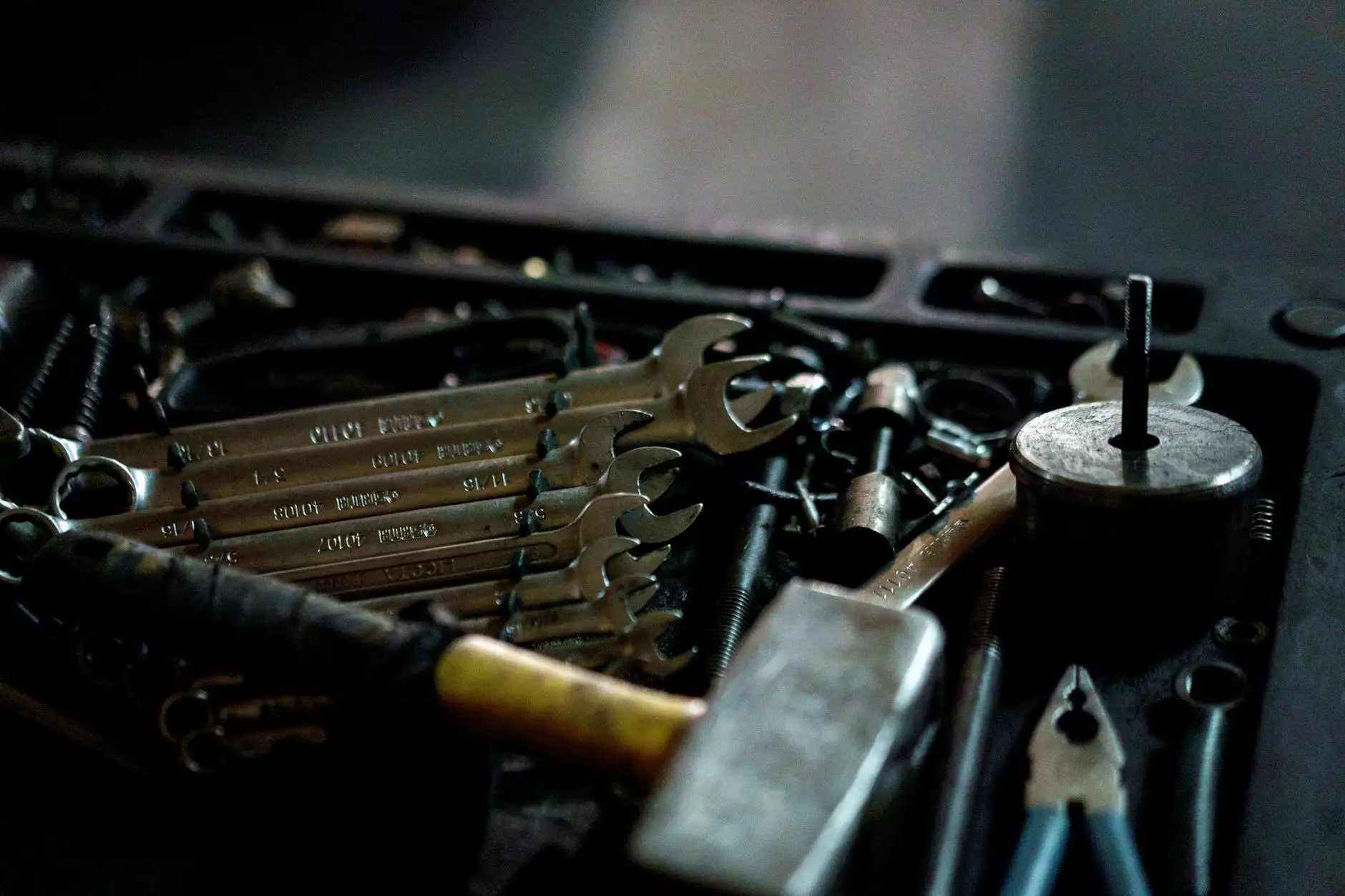Japanese Car Spares: A Comprehensive Guide to Quality Auto Parts

When it comes to maintaining and enhancing the performance of your vehicle, quality parts are essential. This is especially true for Japanese cars, which are renowned for their reliability and engineering excellence. In this article, we will delve deep into the world of Japanese car spares, discussing everything from the types of parts available to their benefits, sourcing options, and installation tips.
Understanding the Importance of Quality Parts
Using high-quality car parts is crucial for several reasons:
- Performance: Quality parts can enhance the overall performance of your vehicle, ensuring that it runs smoothly and efficiently.
- Safety: Faulty or subpar parts can compromise your vehicle’s safety. High-quality replacements help maintain safety standards.
- Longevity: Investing in genuine or high-quality aftermarket parts tends to increase the lifespan of your car, saving you money in the long run.
Types of Japanese Car Spares
Japanese vehicles, such as Honda, Toyota, Nissan, and Subaru, have a wide variety of parts available. Here are some of the most common types of Japanese car spares you might need:
1. Engine Parts
Your vehicle’s engine is its heart, and keeping it in optimal condition is paramount. Common engine parts include:
- Oil Filters: Essential for maintaining clean oil circulation.
- Timing Belts: Crucial for synchronizing engine functions.
- Piston Rings: Important for sealing the combustion chamber.
- Cylinders: Key components of the engine block.
2. Transmission Spares
The transmission system is vital for your vehicle's performance. Popular transmission parts include:
- Clutch Kits: Essential for manual transmission vehicles.
- Automatic Transmission Fluids: Crucial for the smooth operation of automatic systems.
- Transmission Filters: Necessary for filtering out contaminants in the fluid.
3. Suspension and Steering Parts
Good handling and ride comfort rely on a well-maintained suspension. Important parts in this area include:
- Shock Absorbers: Help maintain vehicle control.
- Ball Joints: Allow for smooth suspension movement.
- Spring Sets: Provide support under load.
4. Electrical Components
Modern vehicles heavily rely on electronic systems. Key electrical components include:
- Alternators: Vital for battery charging.
- Starter Motors: Crucial for engine ignition.
- Sensors: Various sensors monitor engine and vehicle performance.
5. Body Parts
External components like body parts not only affect aesthetics but also functionality. Common body parts include:
- Bumpers: Protect the vehicle during low-speed impacts.
- Fenders: Shield the vehicle from debris and impacts.
- Grilles: Essential for engine cooling and styling.
The Benefits of Choosing Japanese Car Spares
Opting for Japanese car spares offers numerous advantages:
- Expert Engineering: Japanese manufacturers are known for their precision engineering and high-quality standards.
- Wide Availability: Due to the popularity of Japanese brands, spare parts are widely available both online and in physical stores.
- Cost-Effectiveness: While some might price higher, the durability and reliability often justify the cost.
- Compatibility: OEM (Original Equipment Manufacturer) parts ensure perfect fitment and function.
Where to Purchase Japanese Car Spares
When it comes to sourcing your Japanese car spares, there are several options to consider:
1. Authorized Dealerships
Purchasing from an authorized dealership ensures that you are getting genuine parts. However, this can often be more expensive.
2. Online Retailers
Websites like 1autoparts.com offer a vast selection of parts for Japanese vehicles. It's a convenient way to compare prices and availability.
3. Local Auto Parts Stores
Your local auto parts store may carry a selection of parts or be able to order them for you. This is a good option if you need a part quickly.
4. Salvage Yards
If you're budget-conscious, salvage yards can be a goldmine for used parts in good condition. Ensure you check the quality before purchasing.
Installation Tips for Japanese Car Spares
Installing your own car parts can be rewarding and cost-saving, provided you follow some crucial tips:
1. Prepare Your Workspace
Make sure your work area is clean, well-lit, and organized. This will help you locate tools and parts easily as you work.
2. Use Quality Tools
Invest in high-quality tools that are designed for automotive work. This will make your job easier and help prevent damage.
3. Consult the Manual
Your vehicle’s manual contains essential information about specifications and installations. Always refer to it when making replacements.
4. Take Your Time
Rushing the installation can lead to mistakes. Take your time to ensure everything is installed correctly and securely.
Conclusion
The right parts make all the difference in the performance and safety of your vehicle. By choosing Japanese car spares, you’re ensuring quality, durability, and reliability for your automotive investments. Whether you're replacing worn-out components or upgrading your vehicle for better performance, the options are plentiful, and the benefits significant.
Visit 1autoparts.com today for an extensive range of Japanese car spares and experience the difference for yourself. With just a few clicks, you can find the parts you need, ensuring your vehicle remains in prime condition for years to come.









